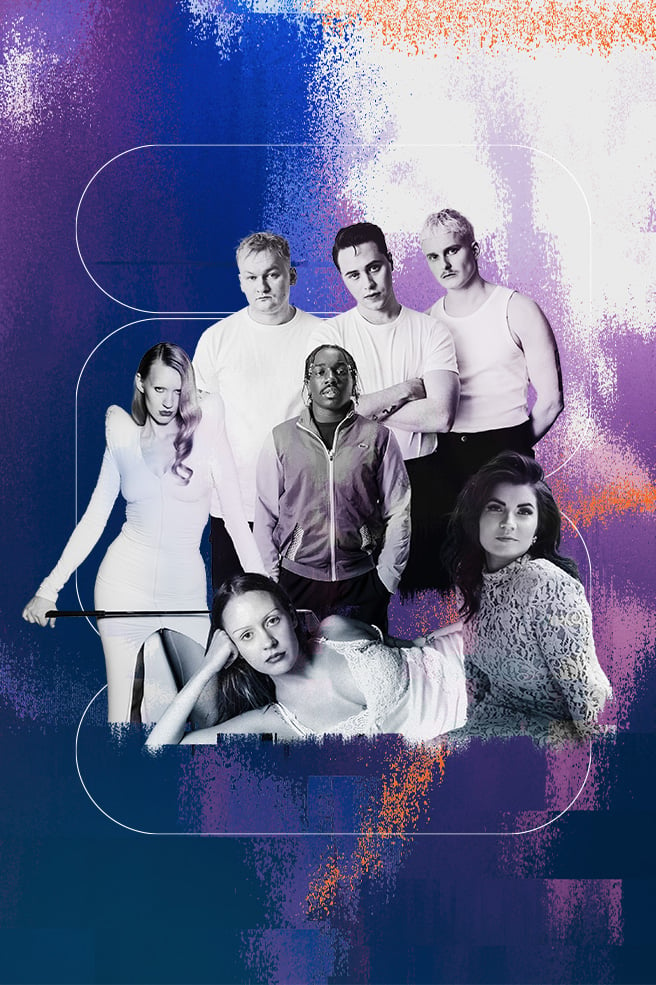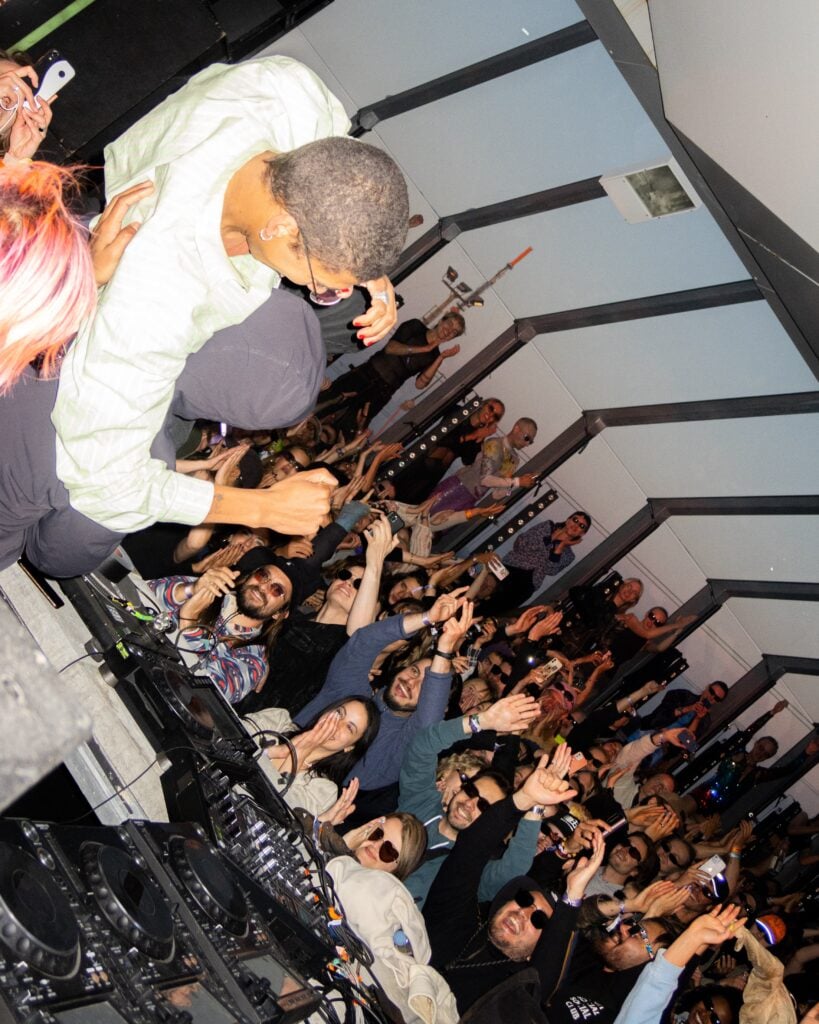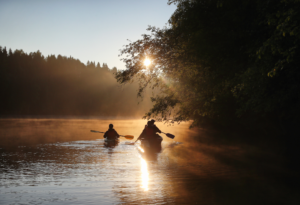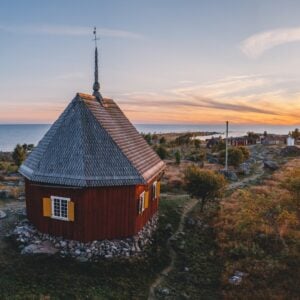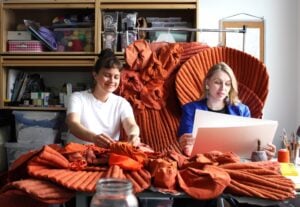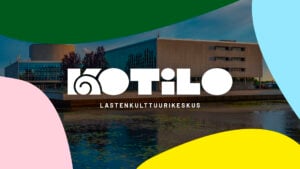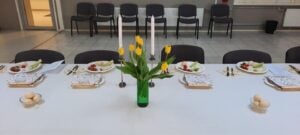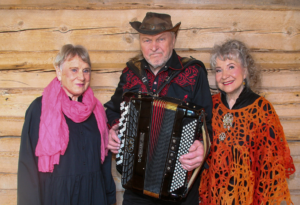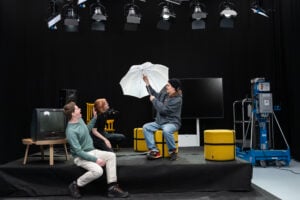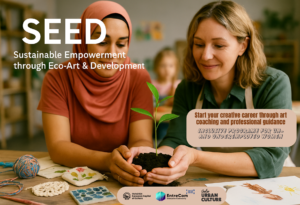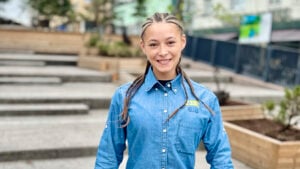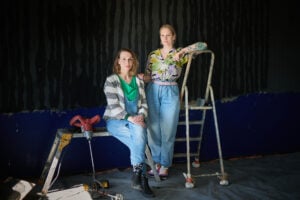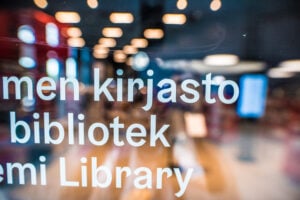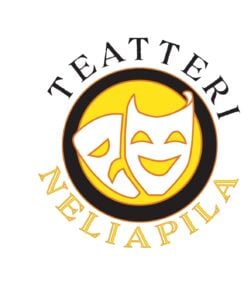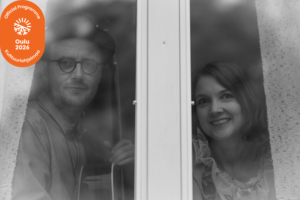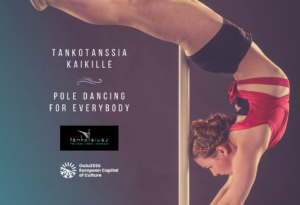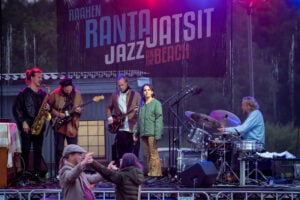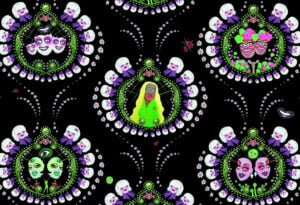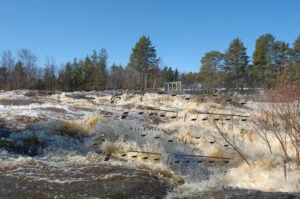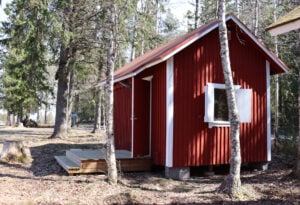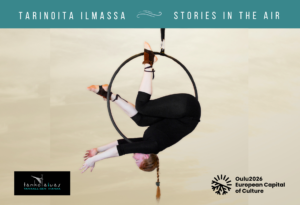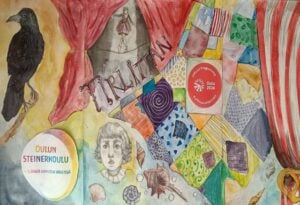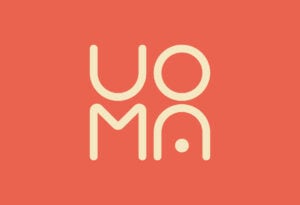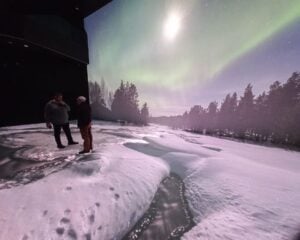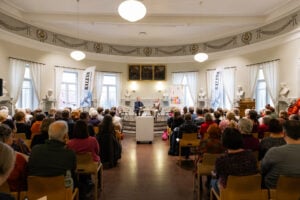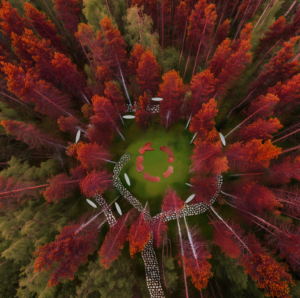
Culture programme
World-class experiences near, far and everywhere in between. Welcome to an inspiring celebration of Nordic and European culture!
Hear the call of Culture!
Culture, art and diverse events to take over the northern region. This is a journey of many years that we are making together with 40 municipalities. There will be thousands of events, works of art and experiences in store!
The Oulu2026 programme is a collaboration of hundreds of creators from Oulu, Finland, and across Europe. It features a diverse range of projects, including those developed during the application phase and others selected through open calls.
On this page, you’ll find the latest updates of Oulu2026 programme. Scroll down to learn how you can get involved and be part of European Capital of Culture 2026!
Events and art in 2026
Explore the Oulu2026 program on this page. We will announce more program and an event calendar later this year.
Spring 2026
Early 2026 is at its best in the brave hinterland, in the heart of the exotic northern winter.
We invite you to a unique opening ceremony, to experience Sámi culture in the opera and dance
on the the ice of the Bothnian Bay to the beat of electronic music
Summer 2026
Spring and summer awaken the wildness of the city, making us free to experience the best parts of light, nature, and city life.
Culture is everywhere, just like water: it experiments, plays and challenges, and it surprises on nature trails and in suburbs.
Northern flavours complete the whole.
Autumn 2026
Autumn and the rest of the year are all about experiencing the power of opposites: the struggle between light and darkness, the powerful combination of art and technology, and the mystery of the north. In autumn, we witness the North transforming into a focal point of light art during the darkest time of the year, and experience interactive installations of the encounter between nature, people and technology.
Cultural climate change starts in the north
We are approaching an unforgettable Capital of Culture year 2026 with the aim of creating a positive, lasting impact on our region. Our goal is cultural climate change. We expand the perception of seeing and experiencing culture. We feed creativity and new development,
and build a more sustainable and open Europe and world for all.
Culture increases encounters, interaction and well-being – it brings people together and makes them realise new things about themselves and others. It is a force that helps strengthen the sense of inclusion. Culture is everywhere, let’s embrace it! We want to open up a new connection between people – are you ready to discover it?

Brave Hinterland

Wild City

Cool Contrasts
Oulu2026 – Ways to Participate

We are the culture
Open Call
Culture is everywhere in life – and now you can share your creativity with everyone! You can now suggest your own program to be included in the official Oulu2026 culture programme as well as apply for a targeted grant to realise your project within the Oulu2026-region
Application period
2nd Sept 2024 to 31st Aug 2025
Volunteers at the heart of events
Volunteers play a vital role in bringing the European Capitals of Culture to life. Oulu2026 offers a wide range of opportunities for you to get involved, make an impact, and contribute to this once-in-a-lifetime cultural celebration!

Bid Book 2021
The Bid Book provides a good overview of the planned programme for 2026. Many projects have refined their plans since the book was published, and some details may have been changed. The Bid Book illustrates, however our starting points, our objectives and the scope of the Oulu2026 programme. The final culture programme will be published in September 2025.
